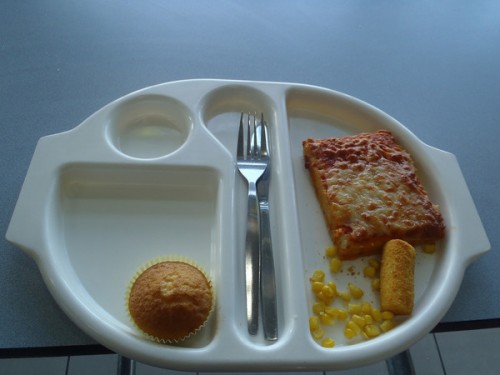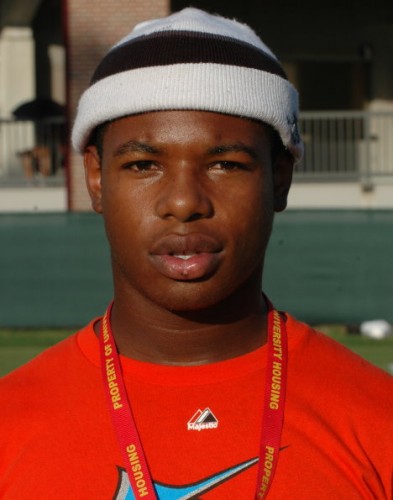If you use Facebook, I highly recommend you read this article.
If you have an active Facebook account, then in the last week you should have received an email from the social network that looks a bit like the one below.
Facebook is planning on making some major changes to the way it operates, specifically concerning its Statement of Rights and Responsibilities (SRR) and Data Usege Policy.
Since Monday of this week, until next Monday (10th of December) users of the social network get to vote on the proposed changes.
 The ‘ballot paper’ gives you two options, to vote for:
The ‘ballot paper’ gives you two options, to vote for:
- Proposed Documents: The proposed SRR and Data Use Policy
- Existing Documents: The current SRR and Data Use Policy
The vote will only be binding if one third of active users (around 300 million) vote, so your vote is very important!
So, what you probably want to know before you vote is what do the top options mean.
Option 1 – The proposed SRR and Data Use Policy
The proposed SRR and Data Use Policy, in a nutshell want to remove users voting rights. To make major changes to the site, Facebook in theory is currently obliged to ask users to vote on proposals. Facebook wants to stop this, giving itself complete control. It will instead ask users for their comments and feedback, and then (it claims) it will act on these to make changes to the platform, which the company believes are beneficial to users.
Option 1 also allows the network to share user data with its affiliates, across all its brands – like FriendFeed and Instagram. This is similar to what Google did earlier this year, when it changed its privacy policy. Google’s changes were much disputed, because of the ’empire’ of brands it owns. Facebook isn’t quite as big, but the changes are still important if you use more than one of its services.
The other major change that Option 1 would bring is that it would allow more people to message you, so if you like to have a more private and personal account, it could be harder to keep yourself as private on the network. It will do this by setting new ‘filters’ on the messaging service.
Option 1 will also see a change in how Facebook refers to certain products.
Option 2 – The current SRR and Data Use Policy
Option 2 votes to keep things as they are currently. To make any major privacy changes to the site, Facebook need to get approval via a vote, which must have a percentage of active users participate.
If you don’t like the current system, but are even more worried about the proposed changes, then Option 2 is more favourable, but really you are stuck between a rock and a hard place, as there are only two options.
Impartiality – In Facebook’s Defence…
As you can probably tell from the way I have been writing, I am more in favour of Option 2 than the proposed changes of Option 1. However, I try to ensure my writing remains as impartial, so I should give Facebook their say.
Facebook claim that the updates would be in line with what is currently “standard in the industry” in which it operates. It feels the changes would promote the “efficient and effective use of the services Facebook and its affiliates provide.”
Facebook also says that the current system favours the quantity of comments over their quality, which I can’t argue with. Currently a majority vote is needed from at least 30% of users to decide something, however were Facebook to better act on individual users opinions, and focus on what individuals are saying, rather than forcing people to vote for one option over another, should, in theory create a better social network.
That said, Facebook is likely to only act on the comments that will gain it users (or stop it from loosing them) and make it a profit. After all, it is a public limited company with a responsibility to make profits for its shareholders.
My counter argument is, if high-quality feedback is better than voting, why do many arguably successful and democratic countries around the world (like the UK, Australia, USA, all EU members etc.) elect their leaders? Why does the ballot paper have candidates on and not a ‘suggestions’ box? Then again in Facebook’s favour I suppose one could argue that 30% turnout from an online community is quite high, and could stop things moving forward, but then why not lower this to a more reasonable figure – say 15% or 20% of active users?
Enough waffling from me, it’s time to vote. To find out more about the vote, and to cast yours, head over to the official Facebook Governance Vote page.
Which option gets your vote?





